Preventing Check Fraud
April 5, 2023
Check fraud is a rampant problem for financial institutions, businesses, and people that use checks.

Checks often fall into the wrong hands and fraudsters end up with sensitive information contained on a check or attempt to otherwise use the check itself. Checks contain the name, address, account number, bank routing number, and often phone number and sometimes additional identifying information of the check holder. Using that information, criminals can create a fraudulent identity and perpetrate fraud at the rightful check holder’s expense.
When sending or receiving a check in the mail, be advised that mail theft in the U.S. is an ongoing issue involving thousands of arrests annually. Mail that does not arrive safely at its destination is often intercepted by fraudsters. Thieves target mail as an avenue to perpetrate crime. Checks in the mail are a prime source of “easy money” for the fraudster.
When using a physical check to pay a bill, or sending money to someone by check, there is really no way of ensuring the proper handling and security of that check. For example, checks are often not disposed of properly after processing by a recipient. The information on the check can be stolen from unsecured office files, a home, or even the trash.
Eliminating the use of checks entirely may not be possible but here are some ways to limit the fraud risks associated with paper checks:
- Whenever available, use online bill pay or use online options offered by many service providers.
- Use Person-2-Person (P2P) electronic payments instead of writing checks for gift payments as well as other options such as Venmo or Zelle.
- Send checks securely – use delivery to the U.S. Post Office (not to a mailbox) or other secure delivery such as FedEx and request signature upon delivery.
- Request wire or electronic deposit whenever possible.
- When available, use Positive Pay, for business checking.
Time is of the essence when recovering funds from a fraudulent check. Notify the bank immediately if you suspect you are the victim of check fraud.
Limiting check usage, ensuring secure delivery, and tracking timely clearing of checks can help mitigate some of the risks associated with check fraud. While eliminating check usage altogether may not be possible, these safety tips can reduce your exposure.












